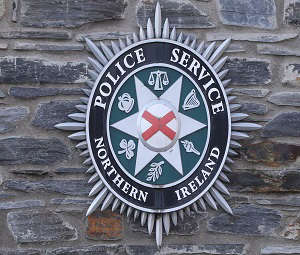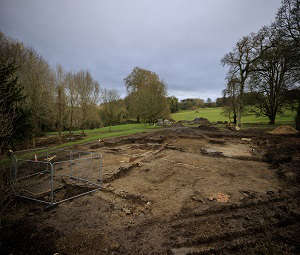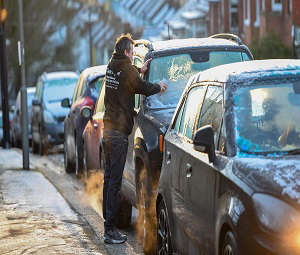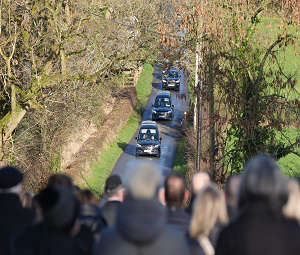
By Q Radio News
NUS-USI is launching the findings of its survey on unwanted sexual behaviour that students in Northern Ireland have experienced.
This survey was the first of its kind to include all further education institutes across NI and the first to include sixteen year olds and over within that group.
More than 2,200 students took part in the survey across all 11 further and higher education institutions here, and NUS-USI President Olivia Potter-Hughes is launching a report on its findings at NUS-USI annual conference today at the Everglades Hotel in Derry/Londonderry.
One of the key findings is that 28% of students surveyed had experienced unwanted sexual behaviour during their time at university or college.
NUS-USI President Olivia Potter-Hughes spoke to Q Radio:
She continued: “It is absolutely appalling that 28% of students surveyed had experienced some degree of unwanted sexual behaviour during their time at university or college.
Only 5% of students who had experienced unwanted sexual behaviour who had told someone about their experiences had formally reported it, with 76% believing it wasn’t serious enough to report and 41% believing it wasn’t a crime. In our survey 5%, (over 100 students) had been raped.
“Staggeringly, 1 in 4 respondents (25%) had experienced unwanted touching or body exposure.
Around 1 in 5 (21%) had another student confiding in them that they had experienced unwanted touching of a sexual nature. Overall 1 in 10 respondents (10%) had another student confiding in them about being raped.
“Another deeply troubling element of the findings of our survey is that there is a significant disparity between the views of those who had experienced unwanted sexual behaviour and those who had not.
8 in 10 (79%) of those that hadn’t experienced this, considered exposure to photographs/videos and similar behaviour as sexual harassment, compared to half (50%) of those who had experienced this believing they had been sexually harassed.
Amongst those who had not experienced unwanted touching of a sexual nature, the majority (87%) considered this type of behaviour to be sexual assault.
However, under half (45%) of those who had experienced unwanted touching of a sexual nature thought they had been sexually assaulted. These troubling disparities clearly illustrate the importance of delivering stronger and better resourced services to support those who have experienced unwanted sexual behaviour.
“We believe that this report and the shocking findings contained within it provide a clear evidence base for the need for government to act immediately to tackle unwanted sexual behaviour.
NUS-USI has put forward a number of recommendations following on from the findings contained within this report. For example, we want government and education institutions to deliver additional support and services for people who have experienced unwanted sexual behaviour.
We believe government and schools should review their relationship and sex education (RSE) programmes to ensure that the information provided puts consent at the centre of provision and that all RSE delivered in schools is inclusive and comprehensive.
62% of survey respondents want to see better RSE to help create a safer environment. We want existing support services to be better promoted by government and education institutions, and 54% of survey respondents wished to see improved awareness of support services available.
“NUS-USI believes that additional resources should be delivered to promote consent in wider society and on campus. 50% of respondents want to see campaigns raising awareness of creating a safe environment for students."


 13 year boy dies following quad bike crash near Newry
13 year boy dies following quad bike crash near Newry
 Man appears in court charged over head-on collision which killed father and son
Man appears in court charged over head-on collision which killed father and son
 Remains of 300-year-old building complex unearthed by chance on country estate
Remains of 300-year-old building complex unearthed by chance on country estate
 Fresh Met Office warning for icy conditions across Northern Ireland
Fresh Met Office warning for icy conditions across Northern Ireland
 Community still in shock over deaths of father and son, funeral told
Community still in shock over deaths of father and son, funeral told